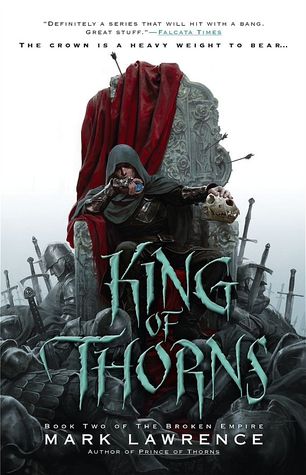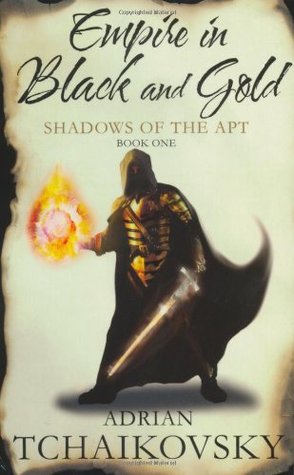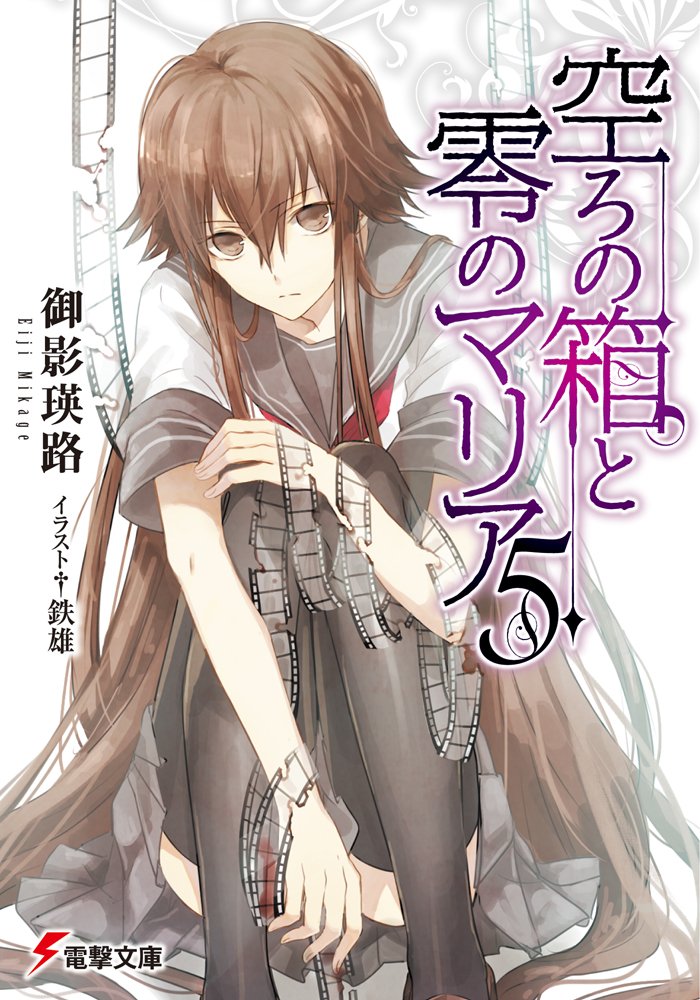This type of attention to a lovers intelligenceand to those facets of character that fall under the auspices of intelligence and factor into respect, such as fairness, integrity, magnanimity, and sensitivityis consistent with the way women novelists have long written about love. For as long as novels have been written, heroines in books by women have studied their beloveds minds with a methodical, dispassionate eye. The ideal mate, for Jane Austens heroines, for Charlotte Brontës, for George Eliots, is someone intelligent enough to appreciate fully and respond deeply to their own intelligence, a partner for whom they feel not only desire but a sense of kinship, of intellectual and moral equality.
A link between love and respect hardly seems like a unique or daring propositionuntil we consider that so many male authors have tended to think about love very differently. Straight male authors devote far less energy to considering the intelligence of their heroes female love interests; instead, they tend to emphasize visceral attraction and feelings. From Tolstoy, whose psychological acuity helped to redefine what the novel is capable of, to unabashed chroniclers of sex like Saul Bellow and Philip Roth to contemporary, stroller-pushing, egalitarian dad Karl Ove Knausgaard, men have been, in a sense, the real romantics: they are far more likely than women to portray love as something mysterious and irrational, impervious to explanation, tied more to physical qualities and broad personal appeal than to a beliefor hopein having found an intellectual peer.











